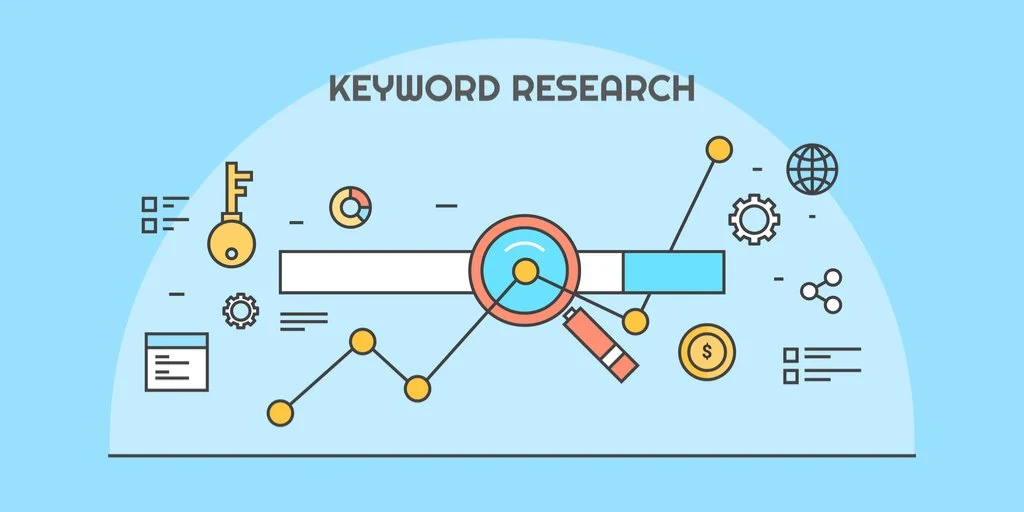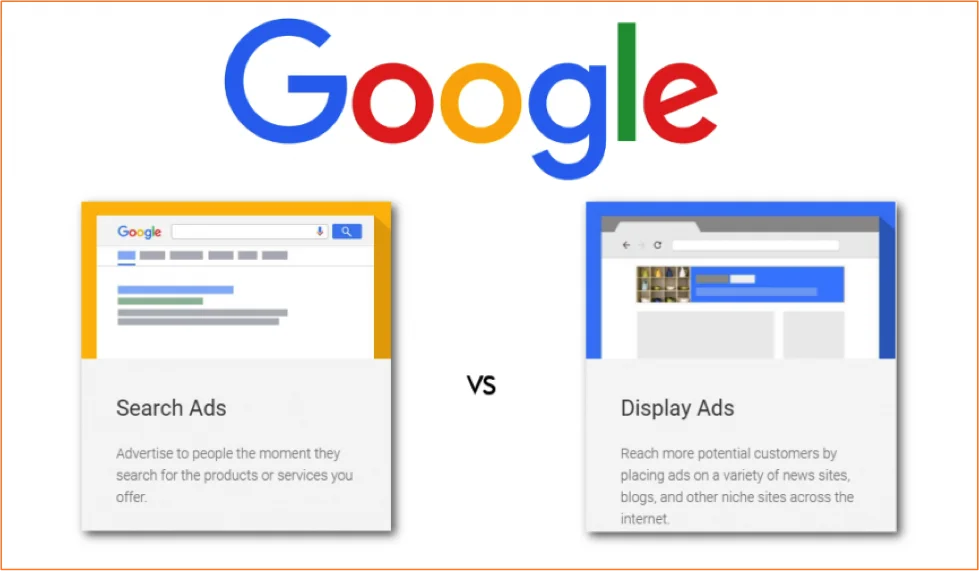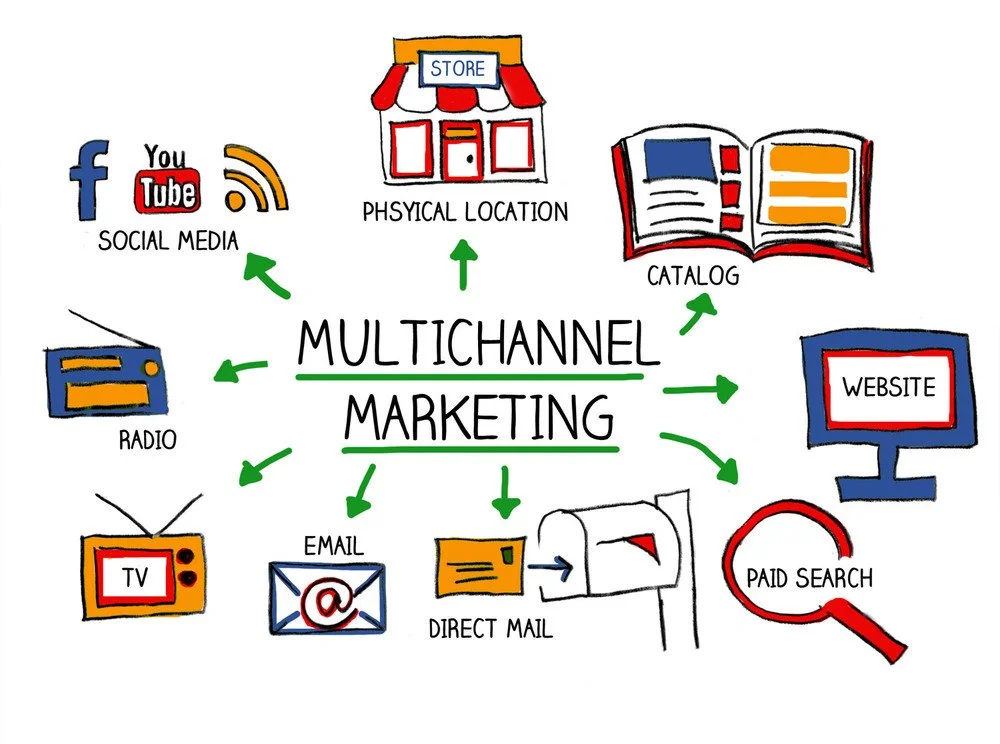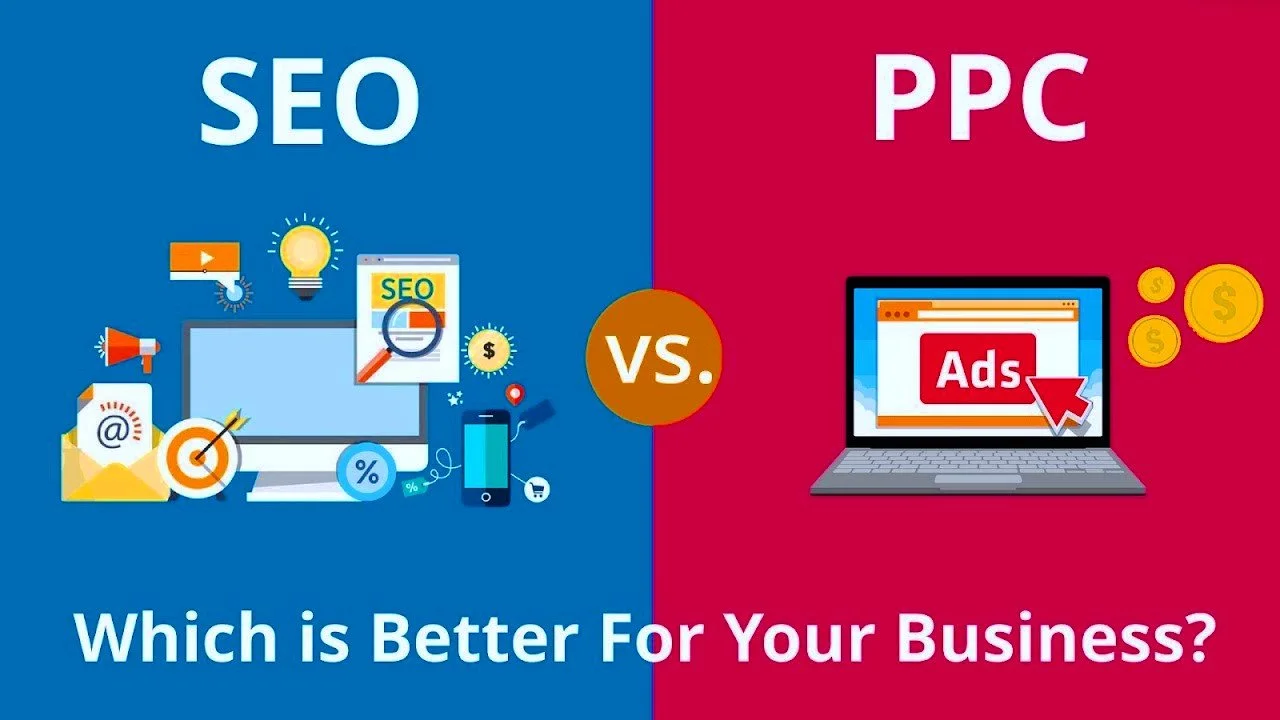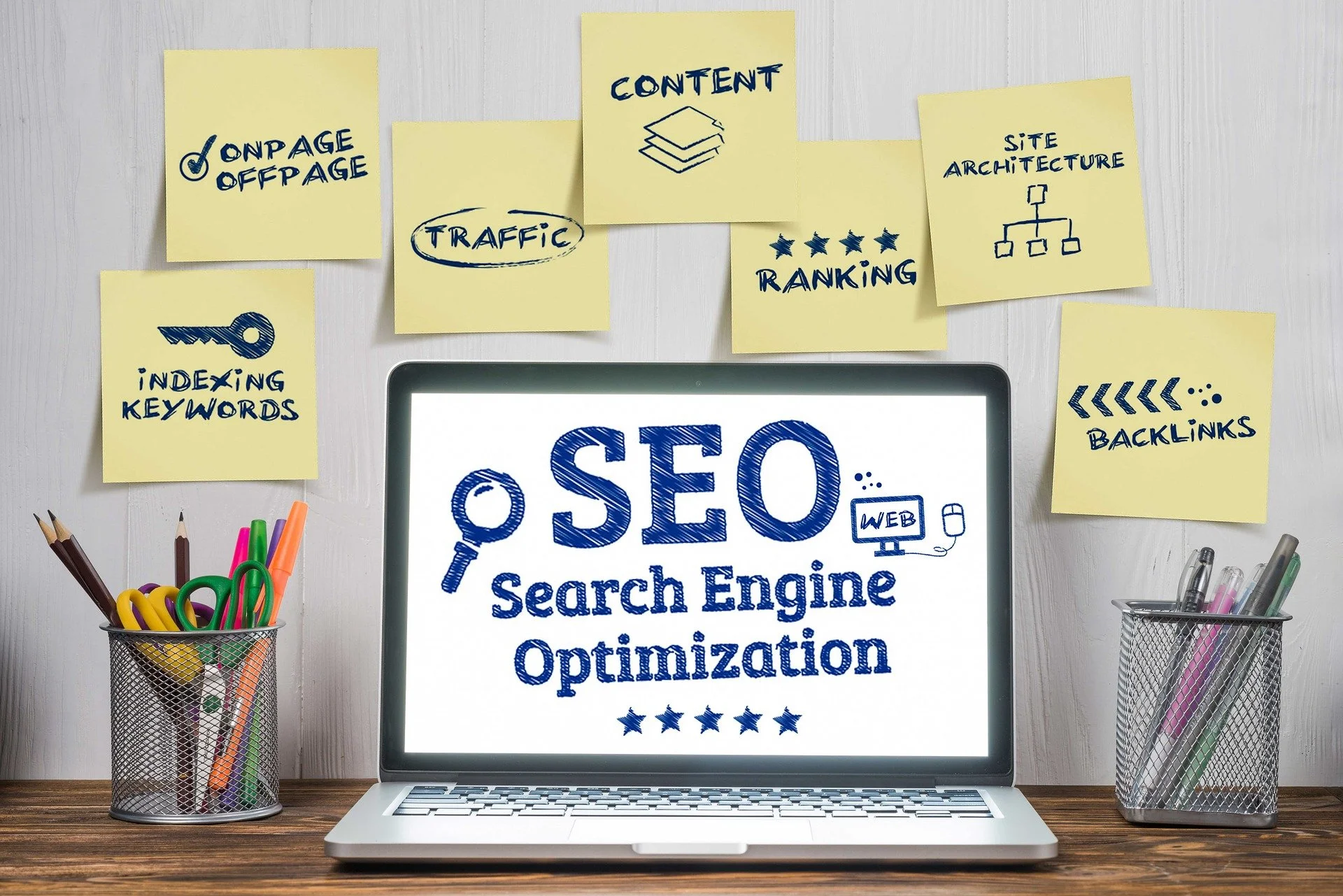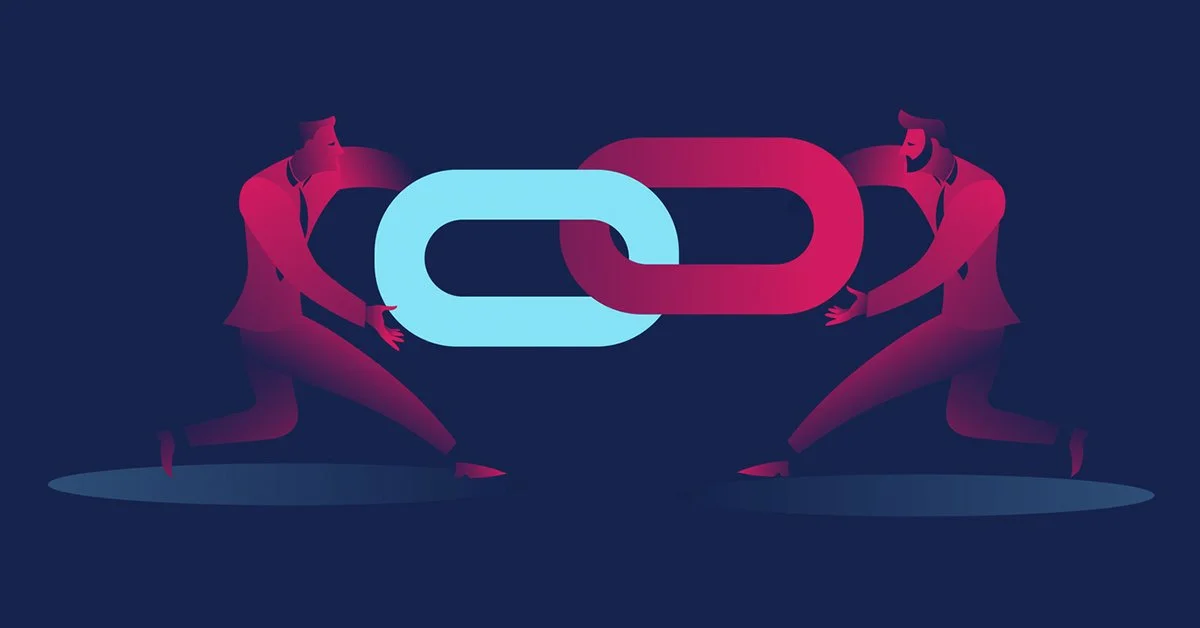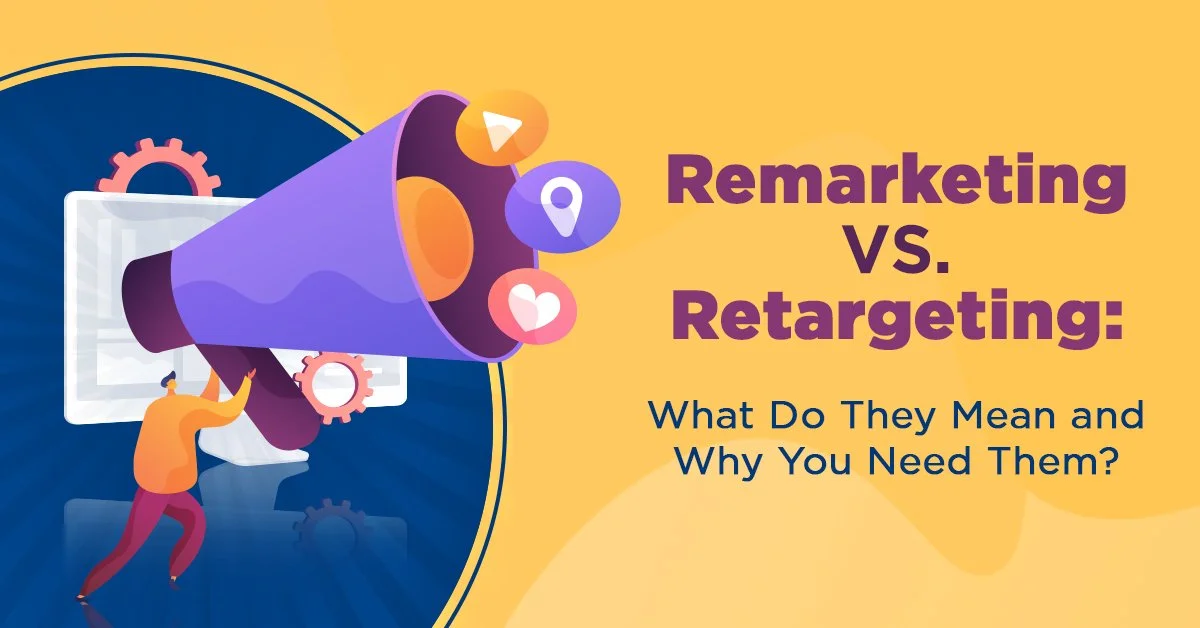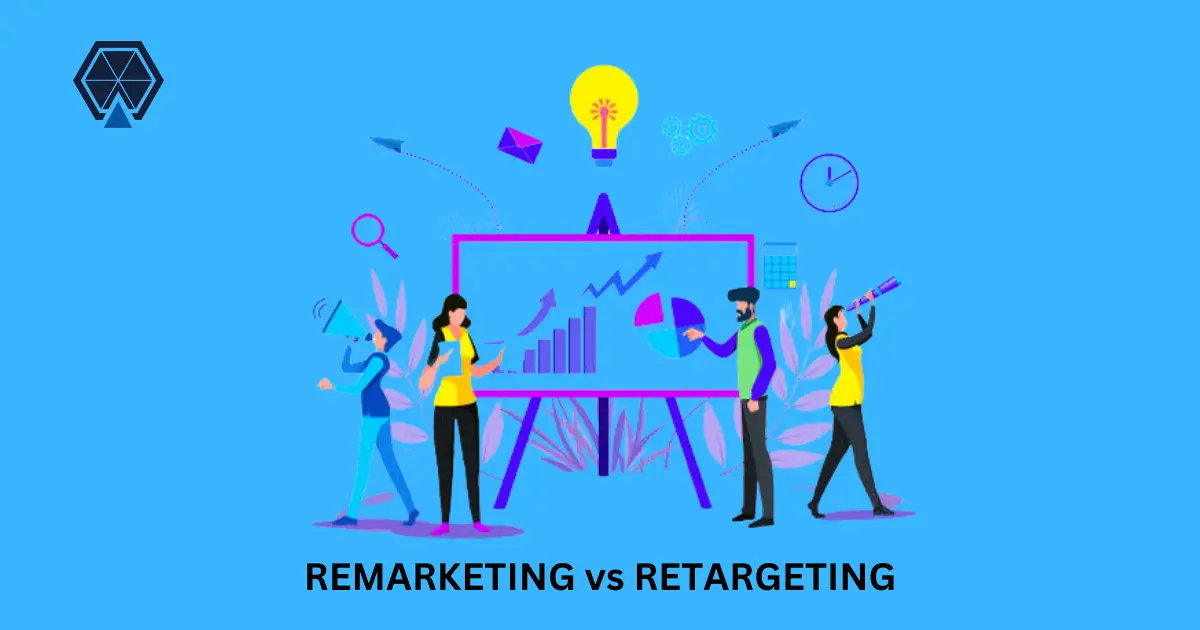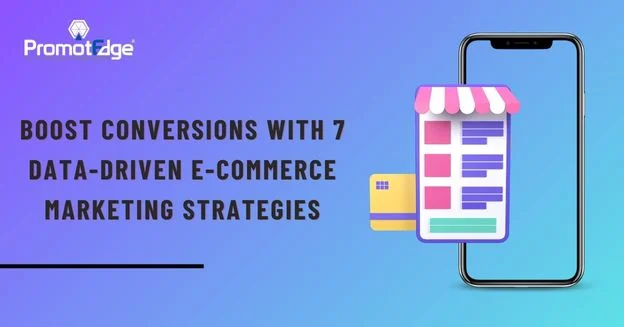Major Impact of Web Page Loading Speed on Site Performance: Solutions
-
Published Date
Sep-17-2024
-
Views
2 Min Read
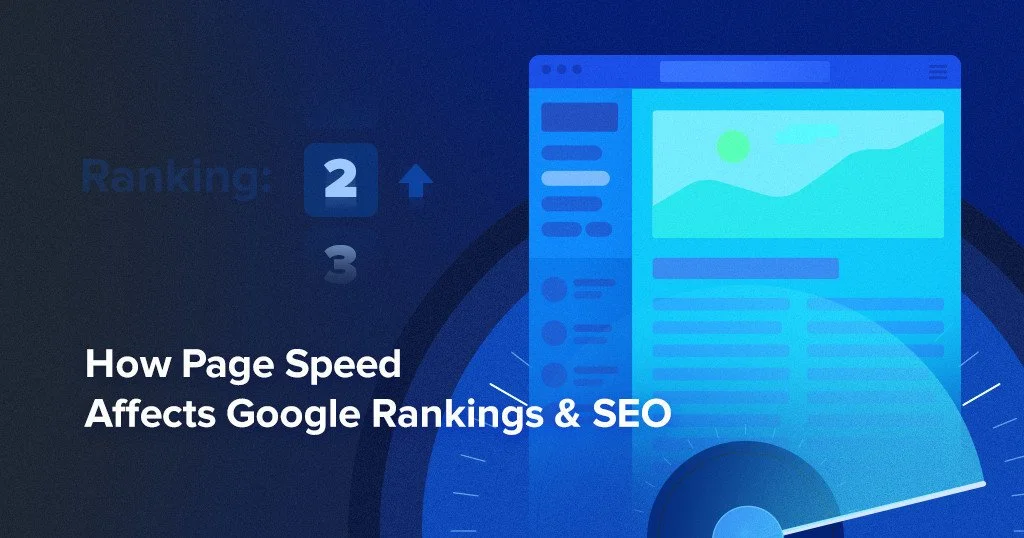
Do you like slow websites? Of course, no. Nobody does. Many of your customers will stop visiting or shopping at your website if your website is slow. Your website images, videos and written content must load quickly so as to achieve marketing success. There is no denying in the fact that slow websites harm your business to a great extent.
Site speed is also an important factor for SEO and Conversion. It is one of the most important factors which affects a user’s decision whether to spend more time on the website or even visit the site again. A website’s or page’s load time affects several key areas of your business such as –
Sales –
According to reports, 79 percent of your customers are less likely to buy or visit a site again that lacks decent speed, which has every capability to jeopardize your business.
Revenue –
If the site speed is affecting sales, then it will naturally affect your revenue as well. According to the reports, a massive 40 percent of your customer will quit your site if it takes more than three seconds to load.
SEO –
Page loading speed affects the amount of traffic on your website and it is a surprising truth that if your page delays even one second to load, you can lose roughly 11 per cent of your website traffic.
Conversion –
Conversions are affected roughly around 7 percent of your site delays even a second to load. For Conversion rate optimization of your site, you have to increase your website loading speed.
Mobile Experience –
It is announced as per the reports that roughly 65 percent of smartphone users expect a website to load within four seconds. The experience which your users get from handling your website on their phones is strongly linked with site speed.
User Experience –
User experience is relevant to what visitors think about your site’s performance. A page which loads in just a couple of seconds has more chances to be visited again than a site which takes 10 seconds.
With that said, let’s resolve the foremost query first, why your website could be slow?
There could be many reasons why your site’s load time is not impressive or slow. It could be due to server load time or image size and also due to the number of redirects you have, which means there are numerous steps you can take to improve your site speed –
Reduce HTTP requests –
Do you know that 80 per cent of the website’s load time is spent on downloading images, written contents and stylesheets?
HTTP requests are made for all these components. The more components are there, the more time the page or website will take to load. So what you have to do is, you have to figure out how many requests you site currently makes through Google Chrome’s developer tools. Lookout for any unnecessary requests and reduce the number of requests.
Reduce time to first byte –
It is important to not only look at the amount of time your website is taking to fully load but also the amount of time it is taking to even start loading.
The amount of time the browser has to wait for getting its first byte of data from the server is called Time to First Byte or TTFB. According to Google’s recommendation, a TTFB which is less than 200 ms is good. If your TTFB is under 200 ms then it’s fine, but if it’s not then there could be a few issues.
Generally, slow TTFB is caused by network issues, web server configuration, dynamic contents and traffic.
Reduce server response time –
The time a web page takes to load depends highly on the time the Domain Name System takes. Domain Name System is a server consisting of a database of IP addresses. When a user types a URL in their browser, a DNS server translates that URL into IP address that indicates its location online. If you’re using a slow DNS, the time the browser takes to locate your site increases. Switching to a fast DNS provider can speed up the entire process and will take less time for the DNS to locate your site.
Compress the files –
If your website files are smaller, then it will naturally take less time for the browser to load, and that is why compressing your files is useful. You can compress your files using Gzip.
Gzip is a software which locate strings of similar codes in your written files and replace them in order to make the files smaller. Many web servers can compress files in Gzip before downloading them using a third party module or built-in routines, which will reduce the download time to a huge percentage.
Speeding up your website or webpage load time is challenging but rewarding, which will welcome myriad positive impacts on your site or page. Spend some time looking through your site’s speed test results and look for the issues that have a large impact on your load times. Follow the above steps and shape up your website’s speed.
Deprecated: File Theme without comments.php is deprecated since version 3.0.0 with no alternative available. Please include a comments.php template in your theme. in /home/u159959989/domains/promotedge.com/public_html/wp-includes/functions.php on line 6121
Categories
Latest Posts
-
Branding Strategy Branding Agency Secrets: Why We Fall in Love with Brands?
-
Digital Marketing Search Everywhere Optimization: The Future of Modern SEO Services
-
Digital Marketing Integrated Marketing Communication: Build a Seamless Brand Voice
Blogs
Journey into Ideas Unveiling Tomorrow's Insights Today.
Warning: Undefined variable $current_post_type in /home/u159959989/domains/promotedge.com/public_html/wp-content/themes/promotedge-2024/single-post.php on line 203
































